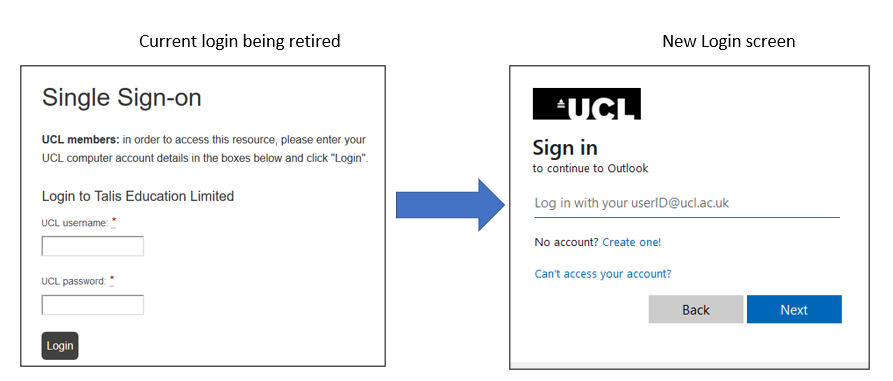Resolved: Issue adding YouTube to reading lists
By Hazel M Ingrey, on 21 August 2024
Edit 10.10.2024: this issue is now starting to be resolved.
When your browser updates it will automatically update the ‘Bookmarking extension’: you will know this has happened as the icon will also update to a letter ‘T’ in a blue-green dot. Once updated, bookmarking from YouTube will be supported again. Chrome has already updated and other browsers will follow (depending on the browser’s own timelines for updates).
Further details can be found on the Talis Aspire Updated Bookmarking Extension FAQ or, as always, do get in touch with any questions!
_____________________
A temporary issue has been identified when bookmarking from YouTube. Clicking on the Bookmaking Extension button does not create a link to a YouTube page as usual.
The software provider (Talis) is working to fix this. Until it is fixed you may find it helpful to use the workaround of adding a resource manually: from the ReadingLists@UCL home page, navigate to your ‘My Bookmarks’, then select ‘Add’ and ‘Add manually’.
Complete the fields by copying the URL and title of the YouTube page as a minimum (or add more metadata as you prefer). If you have any difficulties please contact us for more support.
Many apologies for the inconvenience, particularly at a busy time when you are preparing readings for the new academic year. We will update this blog when the issue has been resolved.
 Close
Close











